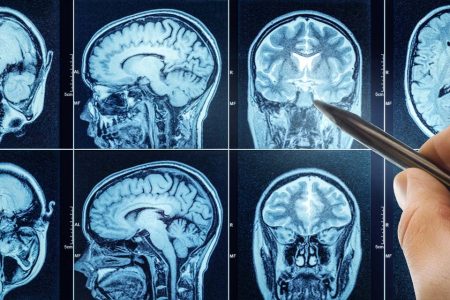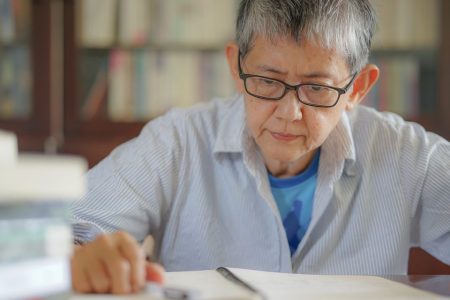Scientists from Australia’s RMIT University have used virtual reality simulations to understand why astronauts do not enjoy food in space and often struggle to meet their regular nutritional intake.
In the study, published in the International Journal of Food Science and Technology, the researchers explored how a simulated International Space Station (ISS) environment affected perceptions of taste and aroma among a sample of 54 adults.
Their conclusion? “A greater sense of loneliness and isolation” may play a role in our enjoyment of food, according to co-lead researcher Dr Julia Low. “There are implications from this study around how isolated people smell and taste food.”
[See more: Macao now has an astronaut candidate in China’s space programme]
She added that a long-term aim of the research was “to make better-tailored foods for astronauts, as well as other people who are in isolated environments, to increase their nutritional intake closer to 100 percent.”
As space missions become longer, such research will grow in importance. Associate professor Gail Iles of RMIT – a co-researcher and former astronaut instructor – said despite carefully designed diet plans, astronauts were not meeting their nutritional needs, which was dangerous for long-term missions.
“What we’re going to see in the future with the Artemis missions are much longer missions, years in length, particularly when we go to Mars, so we really need to understand the problems with diet and food and how crew interact with their food.”






